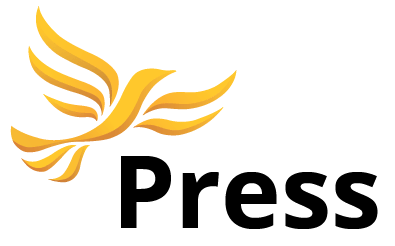Government’s “shameful” admission they won’t give schools money to fully fund teachers pay rises

Responding to yesterday’s statement by Schools Minister Nick Gibb confirming that the Department for Education won’t give schools all the money they need to fund teachers’ pay rises (leaving schools to find money to give their teachers a 1% pay rise from their existing budgets):
Former teacher and Liberal Democrat Education Spokesperson, Layla Moran MP, said:
“Despite cross-party campaigns, letters, Parliamentary motions and House of Commons debates urging ministers to think again, the Government have shamefully confirmed that they won’t fully fund teachers’ pay rises.
“This will only put further pressures on school budgets that are already massively stretched as they struggle to find the money to fund these salary increases.
“To add insult to injury, not all teachers will receive a real terms pay rise as the most experienced teachers – who are leaving the profession in droves after years of being overworked and underpaid – will still lose out.
“The Conservatives have presided over a perfect storm of budget cuts, which leave teachers frustrated that they don’t have the resource to deliver the high quality lessons they know their pupils deserve”.
Nick Gibb’s Written Ministerial Statement to Parliament reads:
Today I am confirming the allocations for the Teachers’ Pay Grant for 2018-19.
The Teachers’ Pay Grant was announced on 24th July by the Secretary of State for Education. This will be worth £508m in total and will fully fund the 2018/19 academic year pay award to the end of the Spending Review period, over and above the 1% rise schools would have expected and been planning for.
On 14 September the Department for Education published the rates and high level methodology for the Teachers’ Pay Grant.
The grant will be paid to all state funded schools and academies, including maintained nursery schools. This will be on the basis of pupil numbers in mainstream schools, and place numbers in special schools and other specialist provision. All schools will be funded for at least 100 pupils or 40 places.
Funding for mainstream schools will be allocated on the basis of pupil numbers and each school will have a specific allocation which cannot be modified by the local authority.
Local authorities will receive an allocation in respect of specialist provision in their area. This will be based on the number of places in each school, with all schools being funded for at least 40 places. The local authority will have the flexibility to allocate funding to the schools in their area, taking into account the particular circumstance of the schools and following consultation with them.












Responses